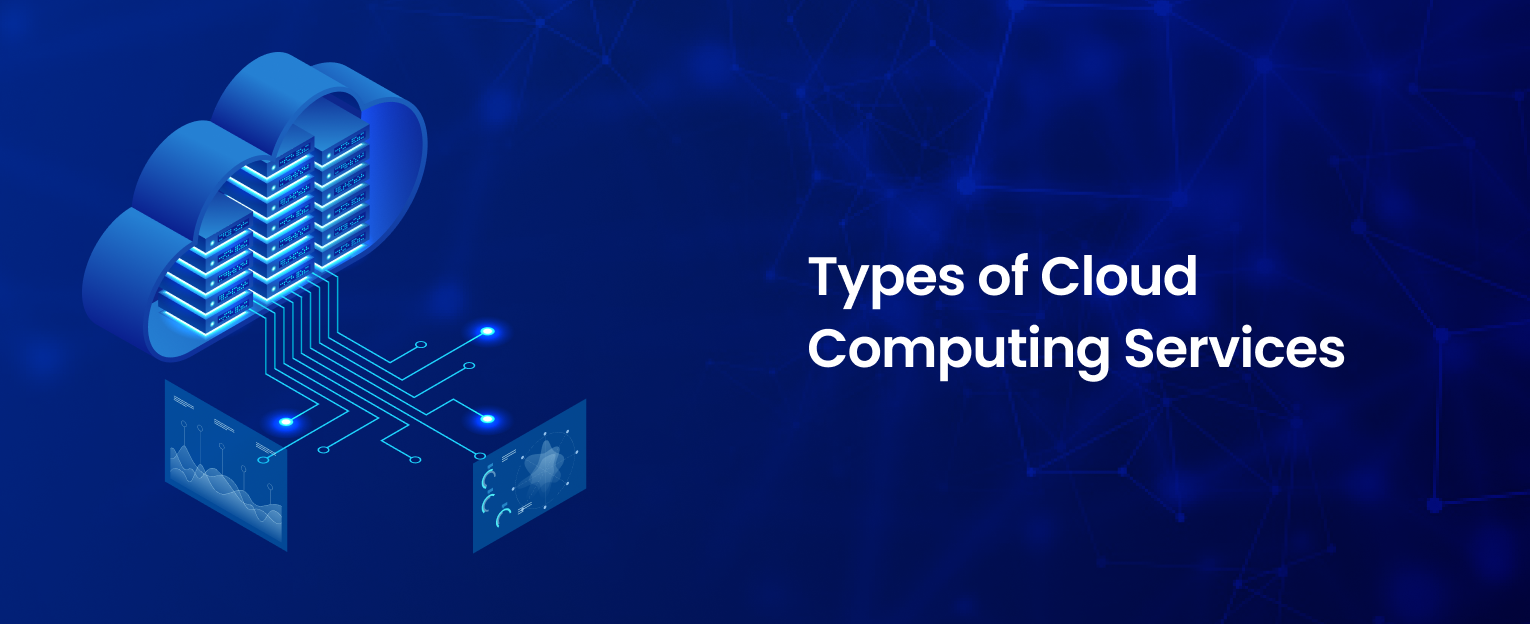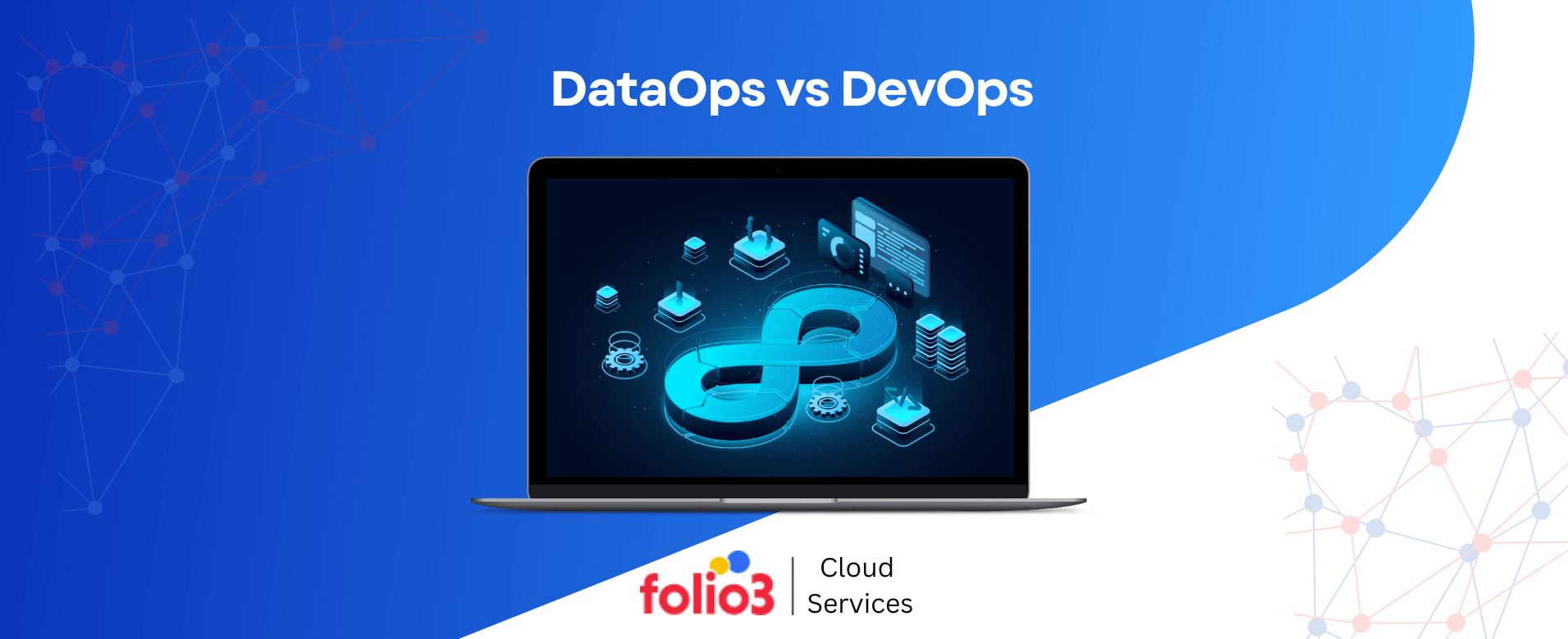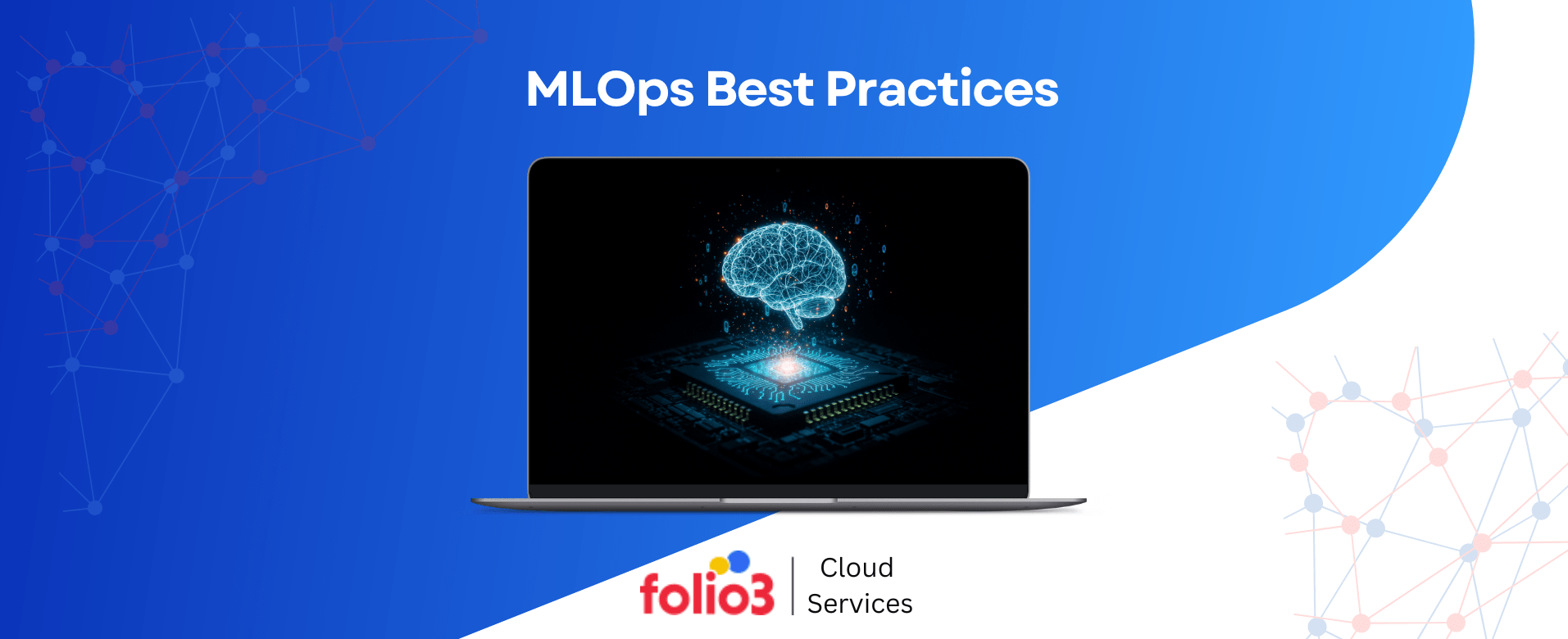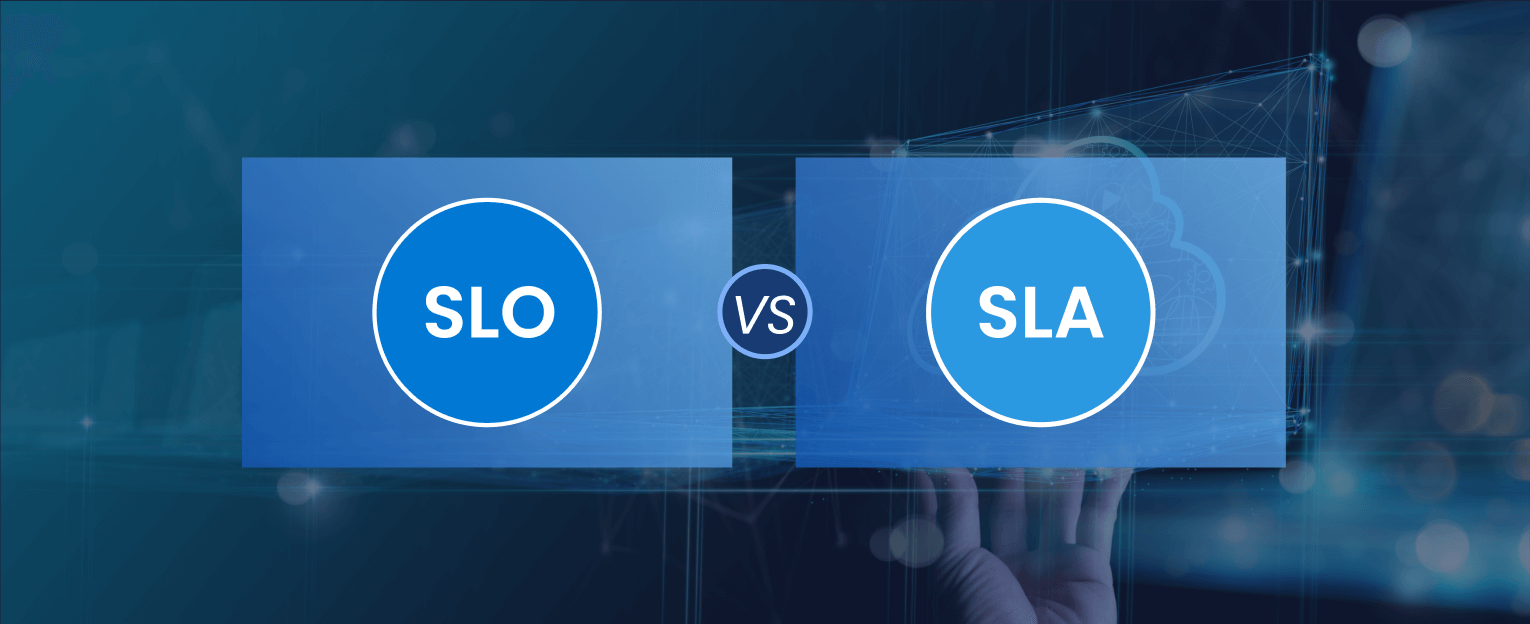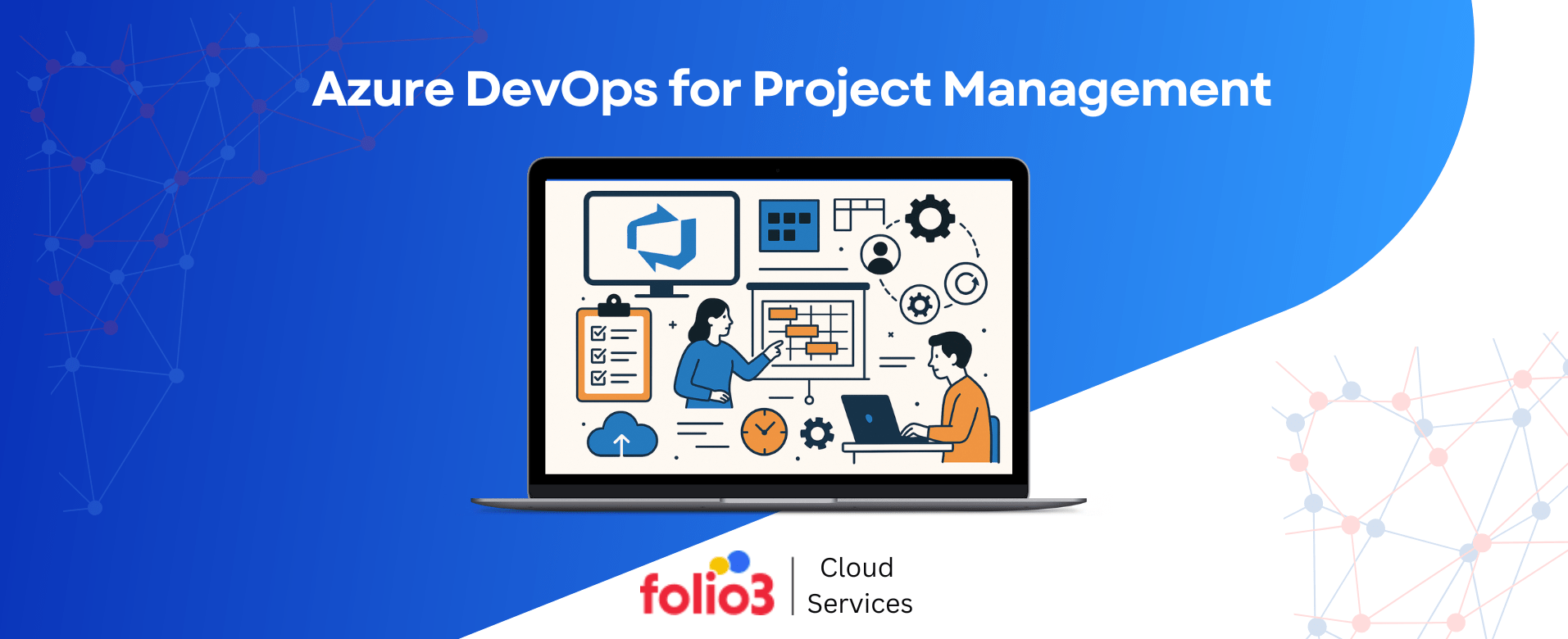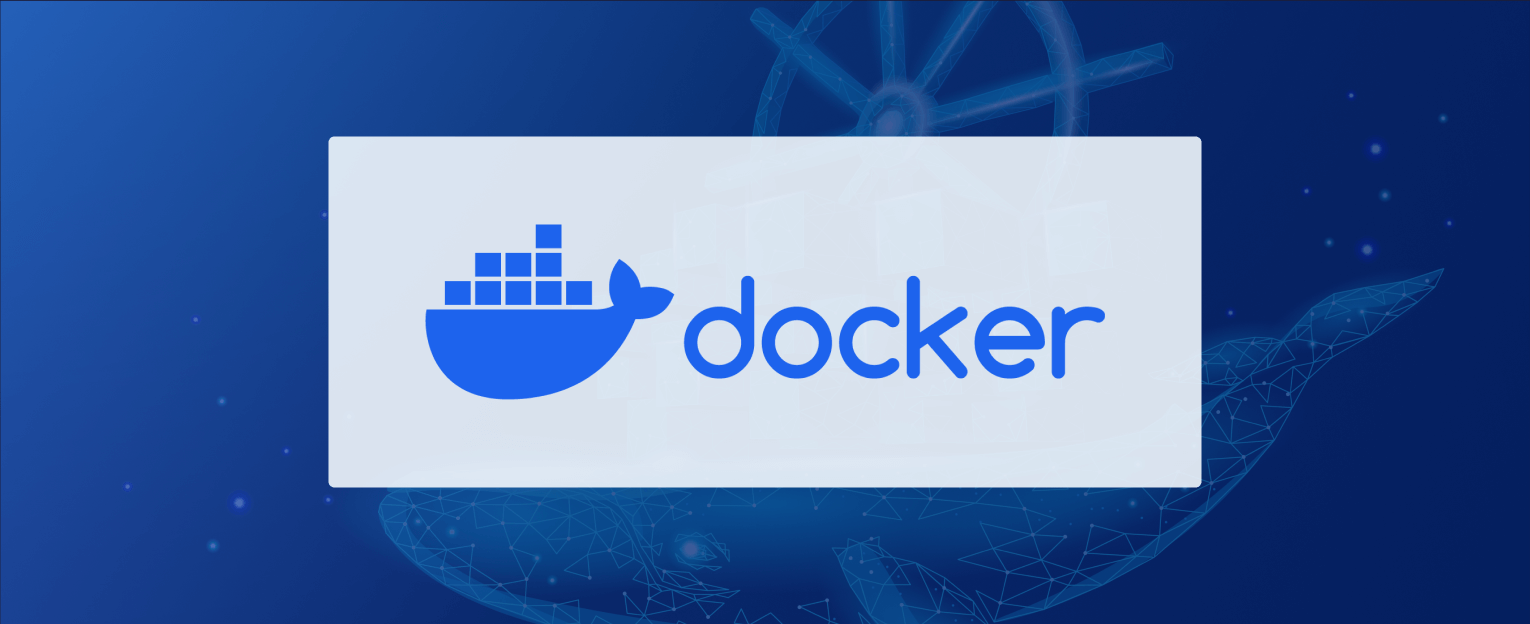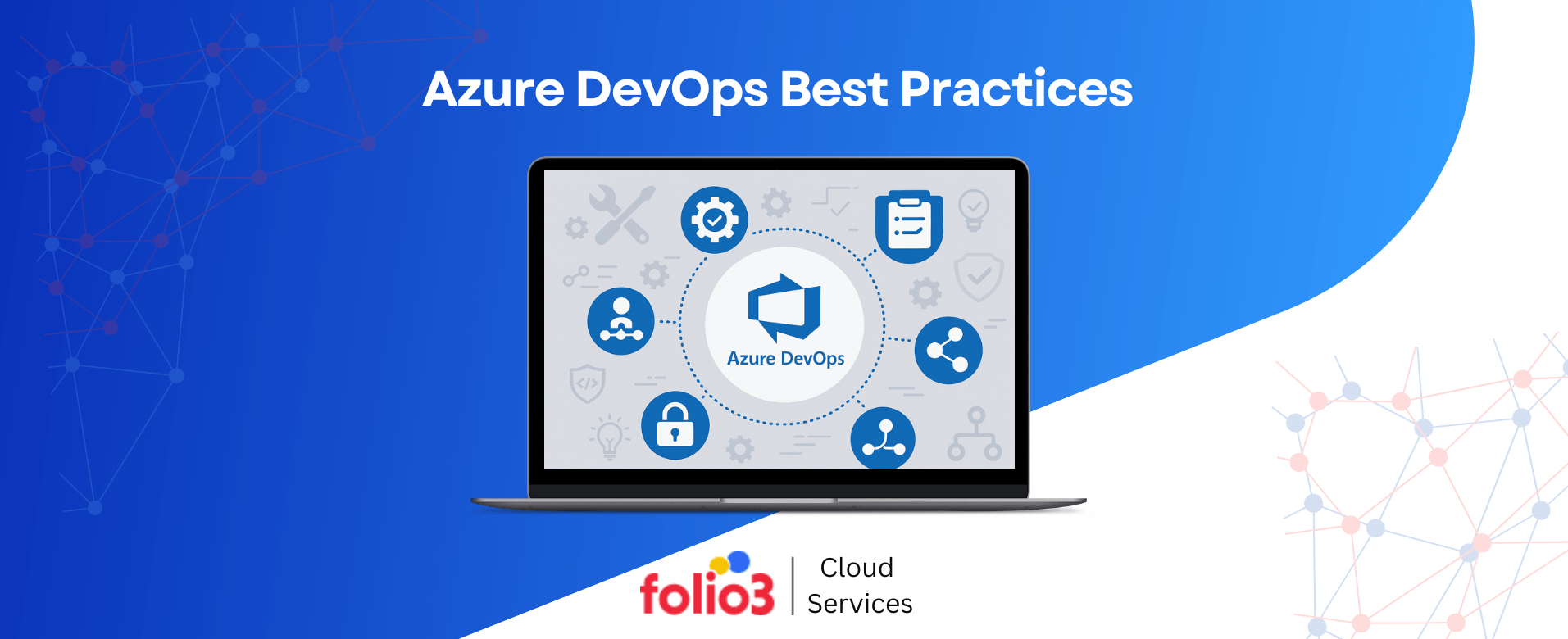One of the biggest challenges faced by businesses today is to manage their IT infrastructure while keeping up with the rapid pace of technological change.
Did you know that worldwide public cloud services revenue is expected to reach $600 billion in 2024, as per AAG IT Services, highlighting the growing dependence of businesses on cloud services?
So if you want to optimize your business to adapt to this digital world, cloud computing is your way to go.
Our blog will walk you through the different types of cloud computing services available to help you make an informed decision that is the best fit for your needs.
What is Cloud Computing?
Cloud computing refers to the delivery of computing resources, including servers, storage, databases, networking, software, and analytics, over the Internet. It allows individuals and businesses to access and use these resources on demand without the need for owning or managing the underlying infrastructure.
Cloud services enable users to access and use resources from anywhere with an internet connection, making it an ideal solution for businesses and organizations that require flexible and scalable cloud IT infrastructure.
Cloud services come in four different categories namely, private, public, hybrid, and multi clouds. Apart from that, there are three different types of cloud computing services including Infrastructure-as-a-Service (IaaS), Platforms-as-a-Service (PaaS), and Software-as-a-Service (SaaS).

Get Started with Cloud Services: Choose the Right Type for Your Business!
From public to private to hybrid, our guide will help you find the perfect cloud solution.
What are the Different Types of Cloud Computing Services?
There are four different types of cloud services, each offering a different set of features and advantages; let’s have a look.
1. Infrastructure as a Service (IaaS)
There are actually different types of cloud computing services that you can choose from, and one of them is known as Infrastructure as a Service, or IaaS for short. This particular model allows people to access the infrastructure resources of their network, like virtual machines, storage, and networking, through the Internet.
With IaaS, users can provision, manage, and maintain computing infrastructure without having to own and operate physical hardware themselves. This allows businesses and organizations to quickly and easily scale their computing resources up or down as needed without the significant upfront investment and ongoing maintenance costs associated with owning physical hardware.
2. Platform as a Service (PaaS)
Platform as a Service (PaaS) provides a platform for developers to create, develop, deploy, and manage applications over the Internet. PaaS providers offer a pre-configured platform that includes an operating system, web server, database, and other necessary software components needed to develop and run applications.
With PaaS, developers can focus on writing code and building applications without worrying about the underlying infrastructure. PaaS can be used for a variety of applications, from simple web apps to complex enterprise-level applications. Companies like Amazon, Microsoft, and Google, all have their own cloud-providing service which includes PaaS as well.
3. Software as a Service (SaaS)
One of the many types of cloud technology is known as Software as a Service, or SaaS for short. In this model of cloud computing, software applications are hosted by a provider and made accessible to users over the Internet.
Customers do not need to worry about installing or maintaining the software on their own systems since it can be accessed from anywhere with an internet connection and customers do not need to install it themselves. Customers might potentially save both time and money as a result of this decreased need for IT help.
4. Function as a Service (FaaS)
In this type of cloud computing service, developers can deploy individual functions or pieces of code to the cloud rather than deploying entire applications. When a specific event triggers a function, the FaaS provider runs the code, and the function returns the result.
FaaS allows developers to focus on writing and deploying small, specific pieces of code without worrying about the underlying infrastructure. This makes it easier to build and deploy applications quickly and efficiently. FaaS also offers benefits such as automatic scaling and reduced costs, as developers only pay for the specific functions they use.
Benefits of Cloud Services
The use of cloud services has skyrocketed in recent years due to the numerous advantages they provide to businesses. From data storage to cloud telephony services, cloud technology is now central to how modern organizations operate.
The advantages of basic and cloud-based services are as follows:
- Cost Savings: Cloud services eliminate the need for expensive hardware and software installations, which can be a high upfront cost. Additionally, they allow organizations to only pay for the resources they use.
- Scalability: Businesses get the flexibility to increase and decrease their use of cloud services as required. This implies that businesses can respond quickly to demand fluctuations without having to invest in new infrastructures.
- Reliability: They typically offer high levels of uptime and reliability because they are hosted in multiple data centers and have redundant systems in place to ensure the availability of services.
- Security: Cloud service providers often have robust security measures in place to protect data and prevent unauthorized access. This can include measures such as encryption, access controls, and monitoring.
- Mobility: Cloud services can be accessed from anywhere with an internet connection, making them ideal for organizations with remote workers or those that need to access data and applications from multiple locations. It can also take old software and hardware to cloud with the help of legacy system migration to ensure records are always on display when you need them.
What are the Types of Deployment Models in Cloud Computing?
There are four different types of deployment models in cloud computing which are as follows:
1. Public Cloud
A third-party cloud service provider owns and operates the cloud infrastructure, and resources are shared among multiple organizations or individuals over the internet in this model. Pay-as-you-go pricing models for public cloud services make it easy for businesses to increase or decrease their processing power on demand without initially investing in costly new hardware or network infrastructure. IaaS, PaaS, FaaS, and SaaS are just some of the services that may be found in public cloud providers.
2. Private Cloud
When using a private cloud, only one company has access to the cloud’s infrastructure and its resources. Private clouds may be set up in a company’s own data center with a third-party hosting company. Private clouds provide greater control and customization over the cloud infrastructure and allow organizations to ensure that their data and applications are kept secure and compliant with regulations. However, building and maintaining a private cloud can be expensive and time-consuming.
3. Hybrid Cloud
An organization uses a combination of public and private cloud services to meet its computing needs in the hybrid model. A firm, for instance, may store non-sensitive information in the public cloud and save critical information in a private cloud. Organizations may take advantage of the scalability and cheap cost of public clouds while still storing sensitive data and apps in a more secure private cloud with the help of a hybrid cloud deployment. However, managing a hybrid cloud environment can be complex and require specialized skills.
4. Community Cloud
Community clouds can be owned and operated by one or more organizations in the community or by a third-party service provider. In this type, the cloud infrastructure is shared among a specific group of organizations with shared interests or requirements, such as a group of research institutions or government agencies. They allow organizations to collaborate and share resources while maintaining a higher degree of security and privacy than a public cloud deployment. However, the success of a community cloud depends on the level of cooperation and trust among the community members.
How to Choosing the Right Cloud Service
By considering a few key factors, you can make an informed decision and select the right cloud service for your business.
Your Budget
You should set a spending limit and stick to it by choosing services that fit inside that limit.
Your Needs
Different businesses have unique requirements when it comes to choosing different cloud services. Determine what your needs are and choose the service to meet them.
Your Security Requirements
Security is a top concern for businesses when it comes to cloud services. Look for a service with strong encryption, data backup, and disaster recovery options.
Your Compliance Requirements
Depending on your industry, you may be subject to specific regulations & compliance requirements. Ensure that the service you select meets these requirements to avoid any legal or regulatory issues.
Choose Folio3 Cloud Services to Leverage the Power of Cloud Computing
Folio3 Cloud Services is a leading provider of cloud solutions that help businesses leverage the power of cloud computing. With years of experience in cloud migrating services, deploying, managing, and optimizing different solutions, our team of cloud experts can provide businesses with customized solutions for different types of cloud infrastructure.
Our solutions can help organizations achieve agility in cloud computing and help them scale quickly and securely while saving costs on infrastructure investments. Additionally, our 24/7 support ensures businesses can resolve any issues that may arise. Overall, Folio3 devops and cloud computing services provide businesses with the expertise, scalability, cost savings, security, and support needed to succeed in today’s digital landscape.

Explore Types of Cloud Services Today: Find Your Ideal Solution Now!
Discover how our cloud services can help your business streamline operations and achieve greater flexibility.
Conclusion
Hopefully, now you have an idea of the types of cloud computing services. You must have also learned about these services’ unique advantages and how they can be tailored to meet specific needs to benefit businesses.
- Frequently Asked Questions
Q1. Which Cloud is Safest?
AWS is more secure than all the other options available. It offers security features such as Galois Counter Mode (GCM). It has more key management options and encryption services./p>
It is important to note that no cloud security service is completely immune to security risks, and users should always take steps to protect their data.
Q2. Which Cloud Costs More?
AWS is considered a costly option. GCP is considered a good economical option for startups. It offers multiple discounts as well. Further, the cost of cloud services also varies depending on several factors, such as the types of cloud platforms, the amount of storage and computing power required, and the region where the service is being used.
Q3. What Is Serverless Computing?
In serverless computing, cloud service providers handle the underlying infrastructure and dynamically assign computer resources in response to requests.

